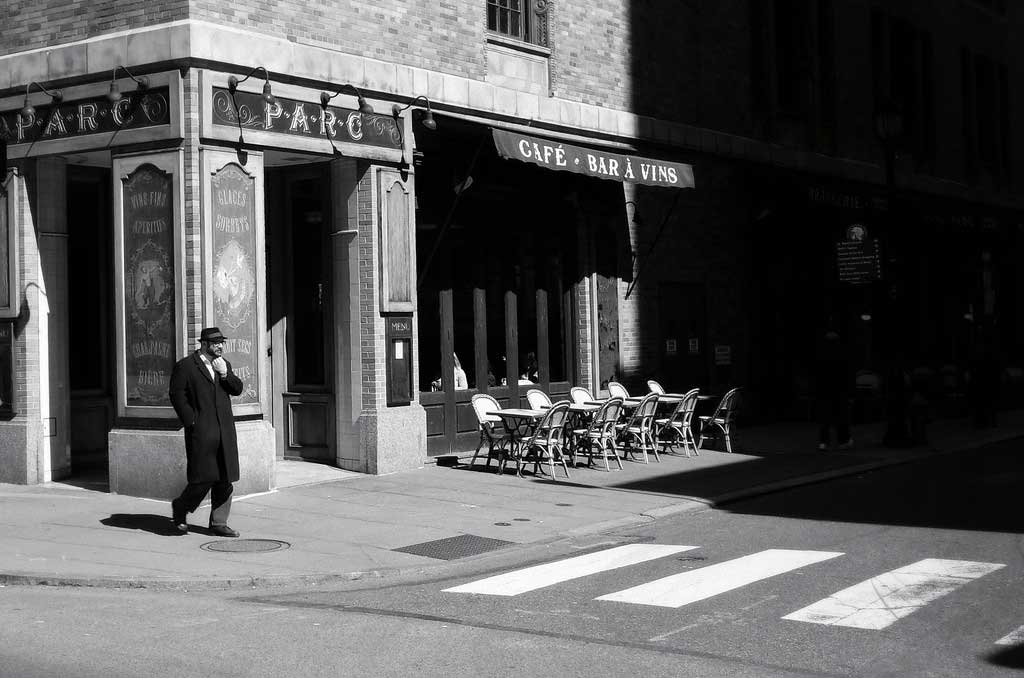Flaneur Browser
-
A [[web]] [[browser]] that doesn't exist, but could.
- It might be a [[future project]]; or it might just be that it its principles are [[embodied]] by an existing browser, like [[firefox]].
- It might be [[cortex]].
-
It is a proper [[user agent]]. It has the interests of [[users]] first and foremost.
- It is developed by a group who believes users, those being actual human individuals, should take back control of the internet from problematic corporations.
-
It ships with two [[assistants]]:
- [[socrates]]
- [[robofriend]]
-
It comes with power user features, like good support for web [[CLI]]s and [[scripting]].
- Users can share programmable [[actions]] in a [[market]]. [[macros]]. Think:
- Think [[join a website with spam auto-disabled for you]]
- Think [[auto cancel subscriptions]]
- [[pull]] [[flaneur]]
Flaneur
-
A [[type]].
- [[personality]].
- #pull [[flâneur]]
- #pull [[baudelaire]] [[walter benjamin]]
- I am a [[flaneur]] in [[merveilles]]:
- I've written about [[flaneur]] as a hypothetical [[web browser]]:
flâneur
the flâneur’s raison d’etre—to participate fully through observation
[[Psychogeographers]] idolise the flâneur, a figure conceived in 19th-century France by [[Charles Baudelaire]] and popularised in academia by [[Walter Benjamin]] in the 20th century. A romantic stroller, the flâneur wandered about the streets, with no clear purpose other than to wander.
The figure of the [[flâneur]]—the stroller, the passionate wanderer emblematic of nineteenth-century French literary culture—has always been essentially timeless; he removes himself from the world while he stands astride its heart.
“[the flâneur] was a figure of the modern artist-poet, a figure keenly aware of the bustle of modern life, an amateur detective and investigator of the city, but also a sign of the alienation of the city and of capitalism,”
- public document at doc.anagora.org/flaneur-browser
- video call at meet.jit.si/flaneur-browser
(none)
(none)
